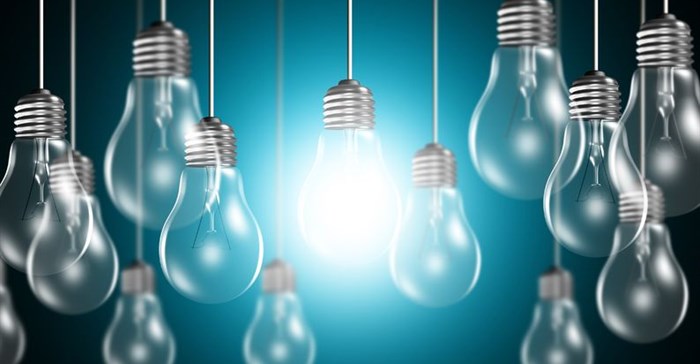
Nthabiseng Dube, director: South African Electrotechnical Export Council and chairperson of the plenary session, said, “Africa offers a huge market for investment and China is looking for the next China.”
She pointed out that, out of necessity, Africa is a continent of innovators, but this can’t be done without electricity.
“We need to stop leapfrogging. Africa needs to take giant strides to take its place at the global economic table,” Dube said.
“There’s an African proverb that says if you want to travel fast, go alone, if you want to travel far, go together. As Africans we need to get serious and we need to provide universal access to electricity for economic growth,” said Mongezi Ntsokolo, Eskom group executive for distribution.
“The South African energy infrastructure had its share of trouble due to aging infrastructure and delays in capital projects. But we have now built resilience into the system to carry out maintenance without interrupting supply, we haven’t had load shedding for nine months and none is forecast for the rest of the year,” he said.
He said that the number of South African households with access to electricity had grown from 44% to 85% in the last 20 years. But to achieve universal access, the country needs R580bn investment in capital expansion.
In terms of collaboration, he said that as countries build electricity capacity, they must pass on excess energy in cross-border exchanges to sustain growth. “We must support regional power pools to unite us in one massive power grid.”
“We no longer have the privilege of business as usual, we must be proactive, by moving away from coal-based energy and finding other sources,” he said.
South Africa is regarded as a success story in regard to its renewable energy programme. In 2013, renewable projects contributed 22% to the grid and this figure is expected to rise to 26% by 2020.
Ntsokolo also tackled the prickly issue of nuclear power. He said that Koeberg is the most economical power generator in the country. One of the options that is being looked at was nuclear generation offered on a fleet basis such as France.
He pointed out that 11 African countries are considering building nuclear capacity over next 13 years and there are currently five nuclear research generators on the continent.
“It cannot be done alone, and we must find African solutions. We must be ruthless, driven and unapologetic about our legacy so that darkness is a thing of the past,” he concluded.
Kandeh Yumkella is passionate about energy and sustainable development and has done some serious work in marrying the two in his various roles. He is a Sierra Leonean agricultural economist, politician, and the former United Nations under-secretary-general and the special representative of the secretary-general for Sustainable Energy for All.
“Without energy, you cannot have sustainable development, but there is no mention of energy in the Millennium Goals. It has taken 15 years to make the case that we need energy to reach these goals and they are now enshrined in the framework.”
“For us in Africa, access to reliable energy source means to survive. We must champion sustainable goal number seven,” he says, which is to ensure access to affordable, reliable, sustainable and modern energy for all.
Yumkella explained that, as a continent, Africa is stuck in commodities when it should be building factories and adding value, but for this to happen a reliable source of energy is essential. At present, Africa only contributes 3% of manufactured goods to the world market.
This mean embracing change. In some countries, utilities are blocking change. He cites the example of Nigeria where the public telecoms provider fought against change, but once the network was privatised, more people had access to communications, leading to economic growth.
He spoke of the four Ps - good politics, public policy, pricing and partnerships - which are all critical for universal access to power.
African Utility Week takes place at the CTICC in Cape Town from 17-19 May.
